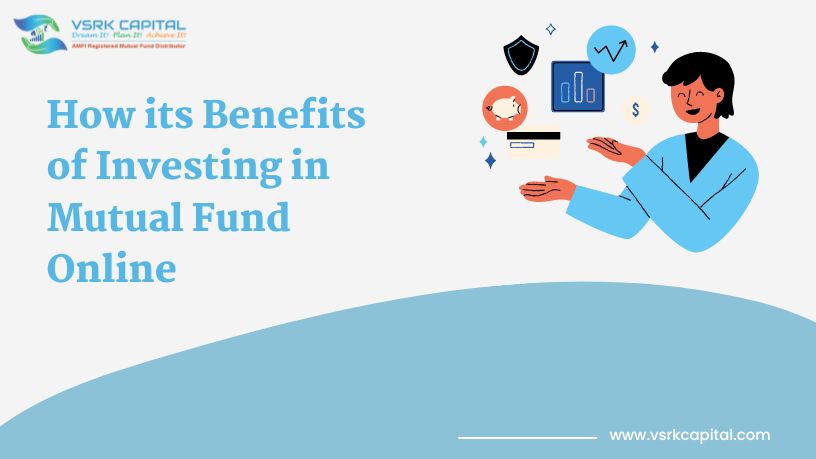The Indian equity markets have ended on a record high. The 30-share Sensex rose 514 points to end at 57,852 while the 50-pack Nifty settled at 17,234, up 158 points. This has led to many of the readers and investors wondering, what next?
It’s simple really! VSRK has always maintained that successful investing depends more on ‘Time in the market’ as opposed to ‘Timing the market’. While valuations and prices are absolutely significant, it is more important for investors to spend time with high-quality businesses than time their ups and downs. Around 50 stocks that have rallied over 500% in the last few years bear testimony to this.
The questions still remain unanswered: Is the market going to rise further or is it going to fall? One should be a pessimist and wait or cheer up and invest right away?
Waiting for a market correction to start investing would result in a loss of opportunity. This is the only reason why one should get going ASAP. If one will wait for some correction, surely will stay dwell. Therefore, one should invest. Even at a market high, the markets are only going to go higher in the long-term orientation. One can expect a few jerks on the way, but the general market course is going to be largely upward-looking. But remember, Investing should be played for a long-term.
Step #1: Avoid the temptation of booking profits!
Equity as an asset class is habitual of giving superior returns in the long term due to the power of compounding. VSRK insists & helps in cutting the losses short and riding on winners. This selling rule is deeply embedded in our policy. You should always have an investment plan and remain disciplined.
Step #2: Asset allocation is important
The fact remains intact that market volatility affects your portfolio’s asset allocation. It could be possible that your portfolio is composed only of small-cap or mid-cap stocks. In up trending market, a concentrated portfolio may increase chances of loses. One should diversify when the markets are really high. Diversification means flexible market capitalization. The best way to keep your portfolio up to date is by utilizing an active investment strategy such as VSRK.
Step #3: Get rid of under-performing investments
When you initially constructed a portfolio, markets must have been quite different. Now that considerable time has elapsed, chances are that the valuations have changed. The reasons that made you buy those particular stocks might no longer exist. The market leaders might have changed ranks. In such a situation, sticking to laggards can result in losses. So, use this time to review your entire portfolio and weed out stocks that don’t seem valuable anymore.
Step #4: Invest according to a proven investment strategy
It is rightly said that a plan without a strategy is merely a vision. Investing in accordance with a strategy can help you achieve your various financial goals and understanding your risk appetite will keep you away from making impulsive or ill-informed investment decisions based on greed and fear. VSRK is a smart investment strategy that is complete with selling rules and can help you invest in accordance with your risk appetite.
Step #5: Consult your Investment Advisor
The art of investing includes doing the basics of investing right i.e. knowing how much to invest for your goals, where to invest, understanding your risk appetite, proper asset allocation and re-balancing, investing systematically and remaining disciplined in your plan irrespective of market conditions.
An investment advisor can not only help you understand your financial objectives but will also help you curate your equity portfolio in order to achieve those objectives. An advisor will act as a guiding light in navigating your way through the volatility of financial markets.
All said and done, market highs and market lows shall come and go. The volatility shouldn’t bother long-term investors. You should always aim to keep an eye on your goals and invest in a systematic manner. VSRK would be delighted to assist you in your investment journey so that you can fulfil all your financial goals.






